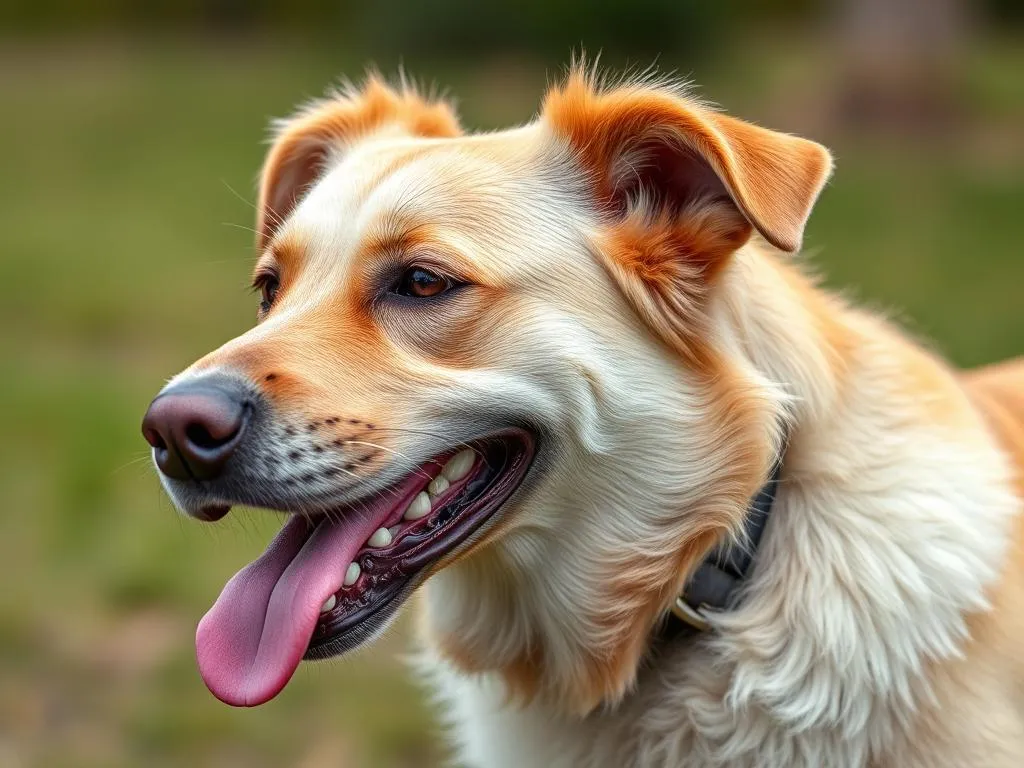
As our beloved pets grow older, they may start exhibiting various symptoms that can be concerning for any pet owner. Among these, senior dog panting and shaking are two signs that warrant attention. Understanding these symptoms is crucial for ensuring your furry friend remains comfortable and healthy in their golden years.
Understanding Senior Dog Health
Aging in Dogs
Aging is an inevitable part of life, and it significantly affects a dog’s physiology. As dogs age, their bodies undergo numerous changes, including decreased metabolism, reduced muscle mass, and changes in organ function. Common health issues in senior dogs include arthritis, dental problems, decreased vision and hearing, and various chronic diseases such as diabetes and kidney disease. Recognizing the signs of aging and understanding how they affect your dog can help you provide better care for them.
Importance of Regular Vet Check-ups
Regular veterinary visits are essential for senior dogs. It is generally recommended that senior dogs see a veterinarian at least twice a year. These visits typically include a thorough physical examination, blood work, and discussions about any changes in behavior, appetite, or energy levels. Regular check-ups can help identify potential health issues early, ensuring a better quality of life for your pet.
Common Symptoms in Senior Dogs
Panting in Senior Dogs
Panting can be a normal response to heat or exertion, but excessive panting in senior dogs can indicate underlying health issues. Normal panting is usually a quick response to an increase in temperature or after exercise, while excessive panting may occur even at rest. Potential physical causes of panting include pain, respiratory issues, and heart problems. Emotionally, dogs may also pant when they’re anxious or stressed.
It’s important to monitor the context in which your dog is panting. If it occurs after physical activity or during hot weather, it may be a normal response. However, if your dog is panting heavily while resting or appears distressed, it may require further investigation.
Shaking in Senior Dogs
Shaking in senior dogs can sometimes be confused with shivering. While shivering is often a response to cold temperatures, shaking can indicate a range of issues, from anxiety to medical conditions. Common triggers for shaking in older dogs include pain, fear, or even excitement. It’s crucial to pay attention to the circumstances surrounding the shaking. If it happens during thunderstorms or fireworks, it may be anxiety-related, but if it occurs without any apparent trigger, it could indicate a more serious issue.
Causes of Panting and Shaking in Senior Dogs
Physiological Causes
There are various physiological causes for senior dog panting and shaking:
- Pain and Discomfort: Older dogs often suffer from conditions like arthritis, which can lead to pain that manifests as panting or shaking.
- Respiratory Issues: Conditions such as pneumonia or congestive heart failure can lead to difficulty breathing, resulting in excessive panting.
- Heart Problems: Heart disease can cause panting as the dog struggles to get enough oxygen.
Psychological Causes
Psychological factors can also play a role in these symptoms:
- Anxiety and Stress: Senior dogs may experience anxiety due to changes in their environment, such as moving to a new home, the loss of a companion, or changes in routine.
- Changes in Environment or Routine: Any significant alteration in their surroundings or daily habits can cause stress, leading to panting and shaking.
Medical Conditions
Several serious medical conditions can cause panting and shaking:
- Cushing’s Disease: This hormonal disorder can lead to excessive panting and other symptoms like increased thirst and urination.
- Arthritis: Pain from arthritis can lead to both panting and shaking, especially when the dog is trying to move or change position.
- Effects of Medications: Some medications may have side effects that include increased panting or shaking. Always discuss these potential side effects with your veterinarian.
When to Consult a Veterinarian
Recognizing Emergency Situations
Understanding when to seek veterinary assistance is crucial. If your senior dog is:
- Panting excessively and showing signs of distress (e.g., pacing, whining).
- Shaking uncontrollably or appears disoriented.
- Exhibiting changes in appetite, drinking habits, or energy levels.
These signs may indicate an emergency situation that requires immediate attention. Recognizing the difference between normal behavior and concerning symptoms can help you respond appropriately.
Preparing for the Vet Visit
When you decide to consult a veterinarian, it’s helpful to be prepared. Consider the following:
- Questions to Ask: Inquire about potential causes of your dog’s symptoms, recommended diagnostic tests, and treatment options.
- Information to Provide: Document any changes in your dog’s behavior, health history, and any specific incidents that may have triggered the panting or shaking.
Treatment Options
Home Remedies and Comfort Measures
While it’s essential to consult a veterinarian for persistent issues, there are several home remedies and comfort measures you can try:
- Calming Supplements: Consider natural calming remedies, such as pheromone diffusers or calming treats, to help reduce anxiety.
- Comfortable Environment: Ensure your dog has a comfort zone with a soft bed, familiar toys, and a quiet atmosphere to help reduce stress.
Medical Treatments
If your veterinarian diagnoses an underlying condition, they may recommend various treatments:
- Medications: Depending on the diagnosis, your vet may prescribe medications to manage pain, reduce anxiety, or treat specific conditions.
- Alternative Therapies: Some owners find success with alternative therapies such as acupuncture or massage therapy to help alleviate pain and promote relaxation.
Preventative Care for Senior Dogs
Regular Exercise and Mental Stimulation
Maintaining a routine of regular exercise and mental stimulation is crucial for senior dogs. While they may not be as active as they once were, gentle walks and interactive toys can help keep them physically and mentally engaged. Activities suitable for senior dogs include:
- Short, leisurely walks
- Interactive puzzle toys
- Gentle play sessions
Nutrition and Weight Management
Proper nutrition is essential for senior dogs. A balanced diet can help maintain a healthy weight, which is crucial in preventing exacerbation of joint pain and other health conditions. Consider the following dietary tips:
- Choose high-quality senior dog food that meets their nutritional needs.
- Monitor portion sizes to prevent obesity.
- Consult with your veterinarian about any specific dietary needs or restrictions.
Conclusion
Understanding the signs of senior dog panting and shaking is vital for ensuring that our aging companions lead healthy and comfortable lives. By recognizing these symptoms, knowing when to seek veterinary help, and implementing preventive care, pet owners can significantly improve their senior dog’s quality of life. Regular veterinary check-ups, a proper diet, and appropriate exercise are all essential components of caring for a senior dog. Stay informed and proactive, and your furry friend will thank you for it!









